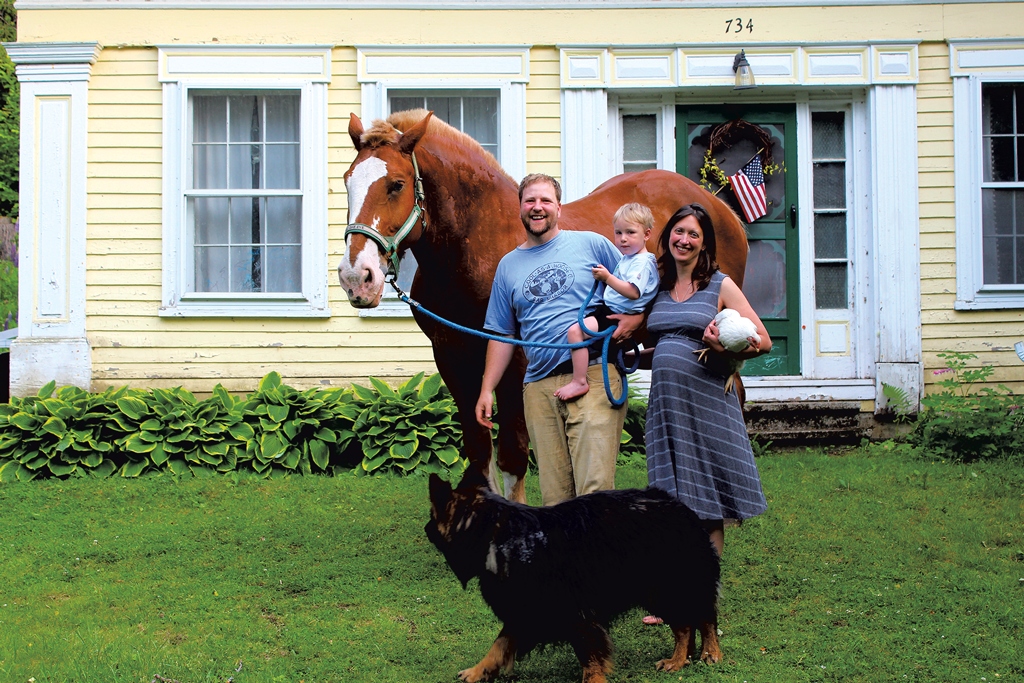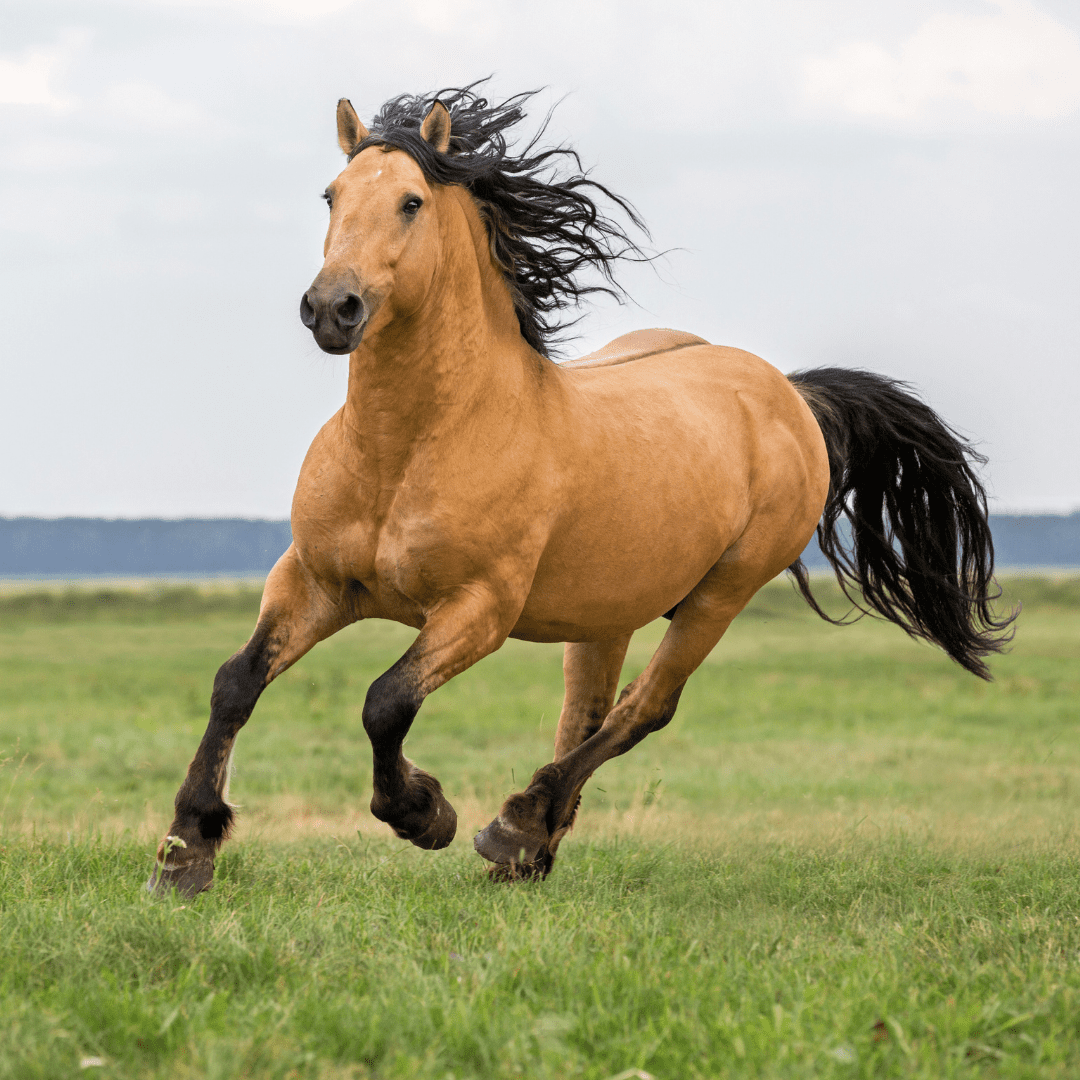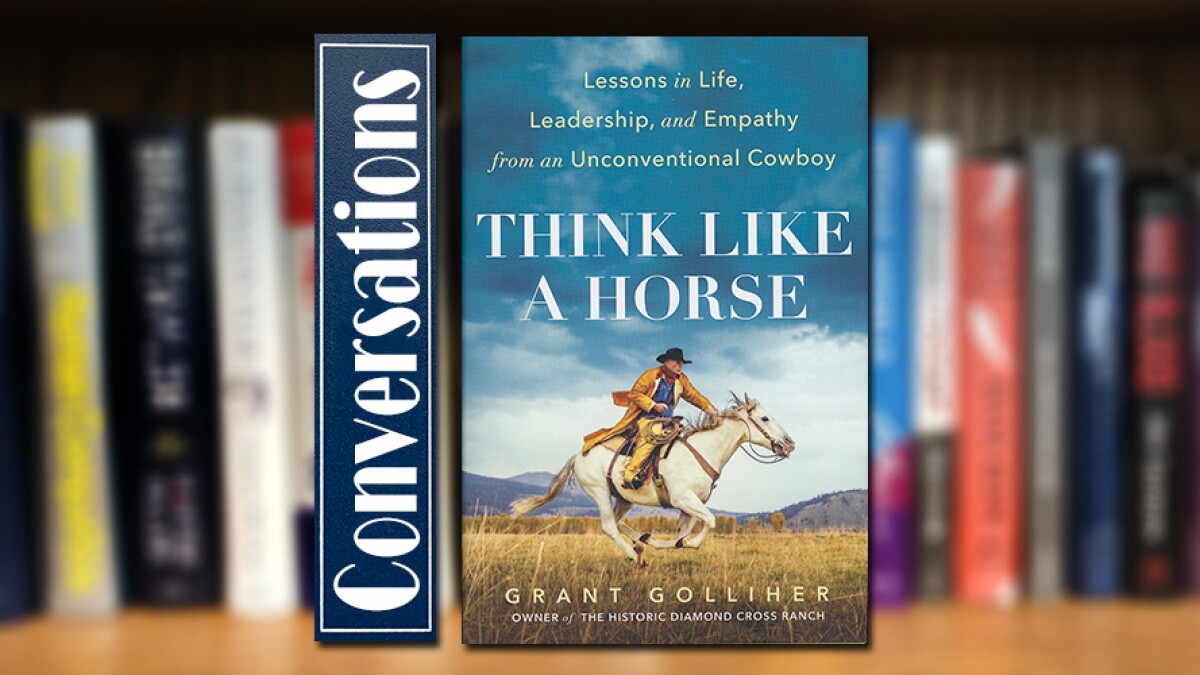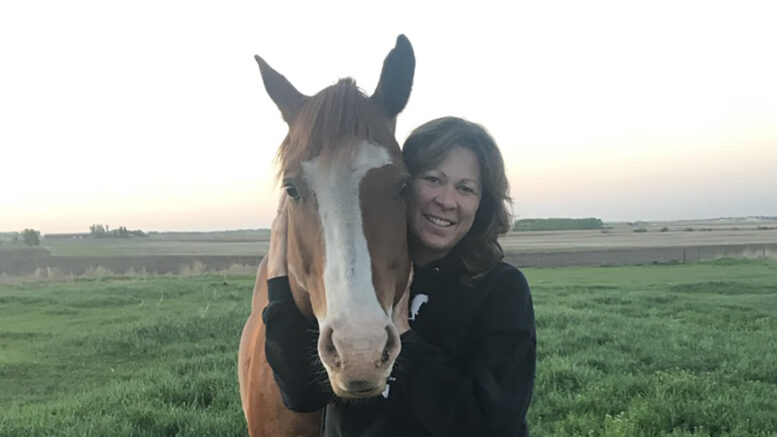Teaching Life Lessons Through Horse Ownership

Owning a horse is more than just a hobby or sport; it is a profound journey that imparts valuable life lessons. This article explores how horse ownership can teach responsibility, patience, empathy, and more, making it a unique and enriching experience.
Table of Contents

| Section | Description |
|---|---|
| Introduction | Overview of horse ownership and life lessons |
| Responsibility and Commitment | How caring for a horse builds accountability |
| Patience and Perseverance | Learning to be patient through horse training |
| Empathy and Emotional Growth | Developing compassion by understanding horses |
| Physical and Mental Health | Benefits of horse care on well-being |
| Social Skills and Community | Building relationships through equestrian groups |
| FAQs | Common questions about horse ownership |
Responsibility and Commitment

Owning a horse requires daily care, including feeding, grooming, and exercise. This routine fosters a strong sense of responsibility and time management. Horses depend on their owners for survival and happiness, teaching owners the importance of commitment and reliability.
Patience and Perseverance

Training and bonding with a horse is a gradual process. Horses respond best to consistent, gentle guidance, which teaches owners patience and perseverance. Overcoming challenges in training helps build resilience and problem-solving skills.
Empathy and Emotional Growth
Horses are highly sensitive animals that communicate through body language and behavior. Learning to interpret these signals enhances empathy and emotional intelligence. This connection encourages owners to be more attuned to the feelings of others, fostering deeper interpersonal relationships.
Physical and Mental Health
Horse ownership promotes physical activity through riding and stable work, improving fitness and coordination. Additionally, spending time with horses has been shown to reduce stress and anxiety, contributing to better mental health.
Social Skills and Community
Equestrian activities often involve clubs, competitions, and group lessons, providing opportunities to build social skills and friendships. The horse community is known for its supportive and inclusive nature, helping owners develop a sense of belonging.
Frequently Asked Questions (FAQs)
Q1: How much time does horse ownership require daily?
A1: Typically, several hours are needed for feeding, grooming, exercise, and stable maintenance.
Q2: Is horse ownership expensive?
A2: Yes, costs include feed, veterinary care, equipment, and boarding, but budgeting and planning can help manage expenses.
Q3: Can horse ownership be therapeutic?
A3: Absolutely, equine-assisted therapy is widely recognized for its benefits in mental health and emotional healing.
Q4: What age is suitable for owning a horse?
A4: While children can learn from horses, adult supervision and involvement are essential for safety and care.
Horse ownership is a rewarding experience that teaches invaluable life lessons extending far beyond the stable. From responsibility to emotional growth, the bond between horse and owner enriches lives in profound ways.
